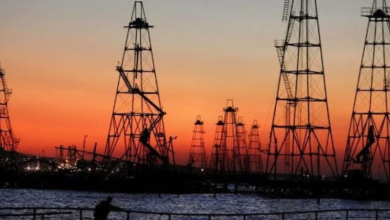Global rose industry in peril: Climate change threatening a key element of Valentine’s Day

The climate emergency is putting the global rose industry at risk, campaigners have raised concerns. From Kenya to Colombo, countries that cultivate these blooms are increasingly encountering rising temperatures, droughts and melting glaciers.
Climate change is threatening the romantic symbol of love widely given on Valentine’s Day – celebrated on February 14 every year. In the UK, gardeners are likely to see earlier blooming roses but also an increase of fungal diseases, noted a report from Christian Aid.
The British charity looked at the countries that produce cut flowers including Kenya, Ethiopia, Uganda, Ecuador, Colombia and the Netherlands. 59% of all exported roses come from five countries in East Africa and South America – increasingly exposed to extreme events.
Extreme temperatures have become a global crisis
The East African countries are set to see continuing temperature increases. Droughts in the region from 2020 to 2022 were found to have been made 100 times more likely by climate change – an immensely bad news for the global rose industry.
In the South American nations, roses tend to be grown in the cooler, high altitude areas – places expected to see the greatest temperature increases. Glacier retreat is also a significant issue in the tropical Andes, risking scarcity for the water-intensive rose production.
Nonetheless, extreme temperatures have become a global crisis as an EU agency has recently confirmed 2023 as the hottest year ever. In fact, mean global temperatures from February 2023 to January 2024 have already been concluded to have surpassed the 1.5C threshold.
Read More: Copernicus Climate Change Service releases concerning bulletins on global heating
Roses themselves have a climate impact!
The Netherlands remains the biggest rose producer on the planet. But the country has also been reporting rising temperatures – a phenomenon likely to reduce the heating needed for greenhouses, but a greater risk of flooding and drought may not favour rose bushes.
It is interesting to note here that roses themselves have a climate impact. Blooms grown in the Netherlands require greenhouses heated by gas. The climate footprint of roses from warmer nations is lower, but still leads to emissions from air transport and refrigerated facilities.
UK’s Christian Aid is calling for a halt to new oil and gas drilling and immediate investment in clean energy to reduce the amount of emissions driving climate change. It is also emphasising the need for increases in climate finance to help poorer countries adapt.



